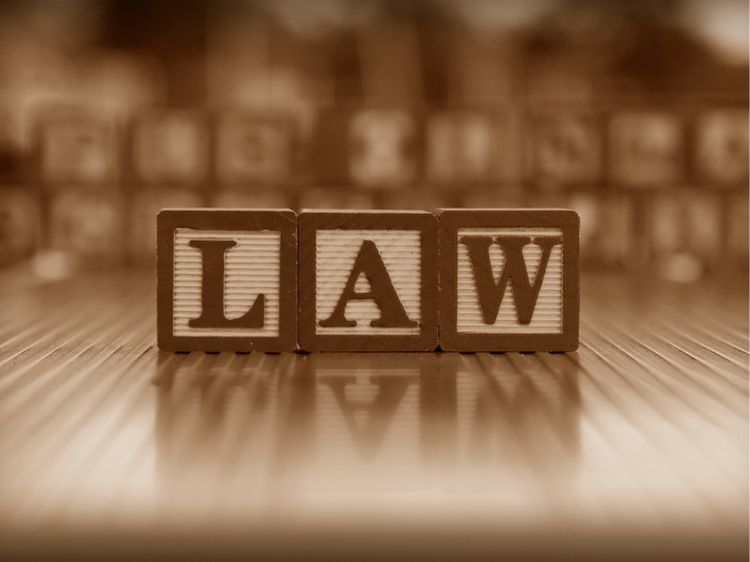What Does an Industrial Accidents Lawyer Do?
Industrial workplaces, from construction sites to manufacturing plants, are high-risk environments. When accidents happen, the aftermath can leave victims dealing with medical expenses, lost wages, and emotional trauma. That’s where industrial accidents lawyers step in. These legal experts specialize in representing individuals injured in workplace incidents, helping them secure compensation and hold negligent parties accountable.
If you’ve ever thought, “Why should I hire an industrial accidents lawyer?”—this guide has you covered.
Why Hire an Industrial Accidents Lawyer?
Industrial accident claims can be complex. Between navigating legal jargon, dealing with insurance companies, and proving negligence, the process can feel overwhelming. Here’s where an experienced lawyer becomes invaluable:
- Legal Expertise: They understand the intricacies of workplace laws and safety regulations.
- Fair Compensation: Lawyers ensure you receive compensation for medical expenses, lost wages, and emotional distress.
- Proving Negligence: Establishing fault can be tricky without the right resources and experience.
Think of them as your personal advocate, fighting to get what you deserve.
Common Industrial Accidents and Injuries
Industrial accidents come in all shapes and sizes, but here are the most common ones:
1. Machinery Accidents
Working with heavy machinery can lead to devastating injuries if the equipment malfunctions or isn’t properly maintained.
2. Falls from Heights
Falls are among the leading causes of workplace injuries, particularly in construction and industrial settings.
3. Exposure to Hazardous Substances
Chemical spills or prolonged exposure to harmful substances can cause long-term health issues.
4. Fires and Explosions
Industrial sites are often at risk of fires and explosions due to flammable materials or equipment malfunctions.
Steps to Take After an Industrial Accident
When you’re injured on the job, time is of the essence. Follow these steps to ensure your health and legal rights are protected:
- Seek Medical Attention
Your health comes first. Even minor injuries should be checked by a professional. - Report the Incident
Notify your supervisor or employer immediately. Most states have strict deadlines for reporting workplace injuries. - Document Everything
Take photos of the scene, your injuries, and any equipment involved. Gather witness statements if possible. - Contact an Industrial Accidents Lawyer
The earlier you involve a lawyer, the better your chances of building a solid case.
How to Choose the Right Industrial Accidents Lawyer
Not all lawyers are created equal. Here’s what to look for:
- Experience: Choose someone with a proven track record in industrial accident cases.
- Specialization: Focus on lawyers who specialize in workplace and personal injury law.
- Client Reviews: Check testimonials or reviews to gauge their reputation.
- Fee Structure: Many lawyers work on a contingency basis, meaning they only get paid if you win.
How Do Industrial Accidents Lawyers Prove Negligence?
Proving negligence is a cornerstone of any industrial accident case. Here’s how a lawyer builds their case:
- Investigating the Scene: Gathering evidence from the accident site.
- Reviewing Safety Logs: Checking for violations of OSHA (Occupational Safety and Health Administration) standards.
- Interviewing Witnesses: Gathering firsthand accounts to strengthen your case.
- Consulting Experts: Bringing in safety or medical experts to provide testimony.
Common Challenges in Industrial Accident Cases
Even with an experienced lawyer by your side, challenges can arise:
- Employer Denial: Employers may deny responsibility or claim the accident was your fault.
- Insurance Pushback: Insurance companies often try to minimize payouts.
- Proving Long-Term Impact: Demonstrating the future impact of injuries can be tricky without medical experts.
Frequently Asked Questions
- What qualifies as an industrial accident?
An industrial accident refers to any incident that occurs in a workplace setting, causing injury or harm to an employee. Common examples include machinery accidents, falls, and chemical exposure. - Can I sue my employer for an industrial accident?
In most cases, workers’ compensation laws prevent you from suing your employer directly. However, if a third party (like a machinery manufacturer) is involved, you may have grounds for a lawsuit. - How much does an industrial accidents lawyer charge?
Many lawyers work on a contingency fee basis, meaning you don’t pay unless they win your case. Fees typically range from 25-40% of the settlement amount. - What if my employer doesn’t have workers’ compensation insurance?
You can still pursue a personal injury lawsuit or explore other compensation options through state funds. - How long do I have to file a claim?
Deadlines, known as statutes of limitations, vary by state. It’s best to consult a lawyer as soon as possible.
Summary
Industrial accidents can leave you reeling, but you don’t have to face the aftermath alone. Hiring an experienced industrial accidents lawyer ensures your rights are protected, and you receive fair compensation. From handling complex legal processes to proving negligence, these experts make all the difference in securing a favorable outcome.
If you’re dealing with the fallout of an industrial accident, don’t hesitate—take action today!
Authoritative Links
- OSHA Workplace Safety Standards: www.osha.gov
- Workers’ Compensation Information: www.dol.gov/general/topic/workcomp
- Legal Aid for Workplace Injuries: www.nolo.com/legal-encyclopedia/workplace-injury

